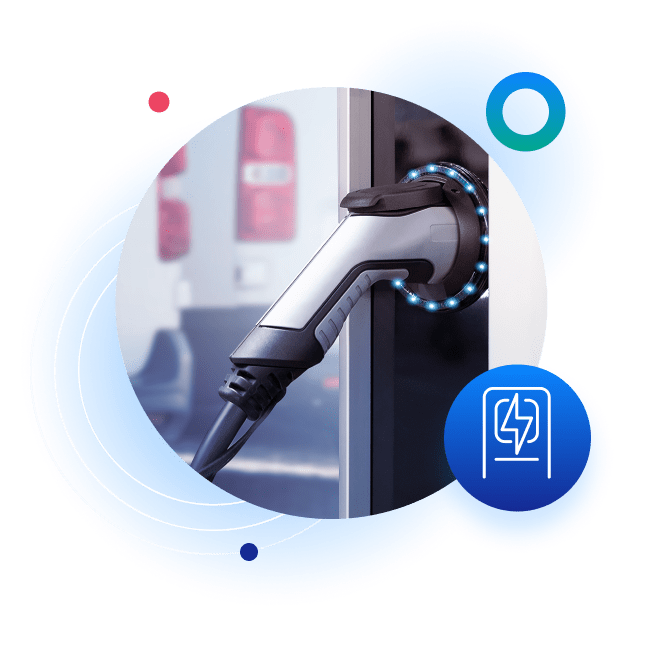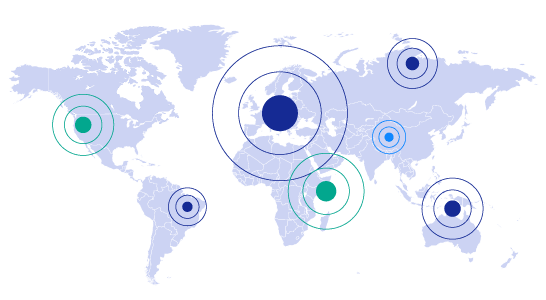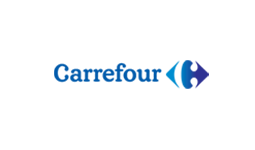Mandatory Electronic Invoicing in Spain
Learn how to get your company ready to exchange documents in accordance with regulations in Spain with the support of Comarch
Learn how to get your company ready to exchange documents in accordance with regulations in Spain with the support of Comarch

Since 2015, Spain has had mandatory e-invoicing for transactions with public entities on contracts valued higher than EUR 5,000.
The Spanish authorities plan to make B2B e-invoicing mandatory in the near future. Giving an exact date of its entry into force is somewhat difficult at this stage, but it seems unlikely that it will take place in July 2024 as planned. This is because the B2B regulations will not enter into force until 12 months after publication in the Official State Gazette, and this has not yet taken place. It is known, however, that 12 months after the publication of the final regulations, large taxpayers (turnover in excess of EUR 8 million) will be covered by them, and after another 12 months, they will become applicable to all other taxpayers.
Within the first 12 months from the entry into force of the Royal Decree, companies will be required to issue e-invoices with a PDF document ensuring their legibility for companies for which the obligation to receive e-invoices has not yet entered into force.

The e-invoicing obligation will apply only to domestic B2B transactions, which means that cross-border B2B transactions when one party is not established or has a permanent establishment in Spain will be exempt. The exemption will also apply to transactions documented with simplified invoices and those that do not have to be documented with an invoice (such as B2C transactions).

The elements of the Spanish e-invoicing system will be:

Spain assumes the cooperation of suppliers of e-invoicing solutions in the interoperability model. They will be required to connect to any other platform, no more than one calendar month from receiving a request to do so from their customers.
Recipients of e-invoices will be obliged to keep issuers informed about the status of invoices on an ongoing basis. In particular, the statuses will refer to acceptance or rejection of the invoice and the date of payment. This information must be submitted within four calendar days to the STAA, which will provide the necessary mechanism to handle it. These provisions do not apply to the invoice statuses and the manner of their communication to the public platform.
On this basis, and on the basis of data sent to the publicly available portal, STAA will obtain statistical information on invoice payments that will facilitate monitoring of compliance with the provisions on payment deadlines, as described in ACT 3/2004.

For B2G relations, the Facturae format is used. This is the XML-based national standard (used in association with an eSignature following the XAdES standard).
The format of B2B e-invoices in Spain must comply with the EN 16931 standard. The following will be accepted:

Required storage period is 6 years.

E-invoices have to be signed by the issuer with an advanced electronic signature. In addition, all e-invoices will have to be identified with a unique QR code, which will include information about the issuer's tax identification number, invoice number, invoice date and series.
Comarch is connected to the B2G FACe platform and to some local platforms (for example, OSAKIDETZA in the Basque Country). Comarch plans to provide full coverage in relation to the requirements of the upcoming B2B mandate.

We have 20+ years of experience in carrying out various EDI, e-invoicing, and other document exchange projects around the world. In those years, we have successfully connected more than 130,000 entities from over 60 countries.
Full compliance with the latest data exchange regulations and modern data transfer standards
Applying new technologies and IT solutions in order to streamline workflows and automate activities and procedures
Tailor-made solutions based on processes specific to each company – own road map and a suitable pace of changes
Highest level of security for all sensitive and important company data




















